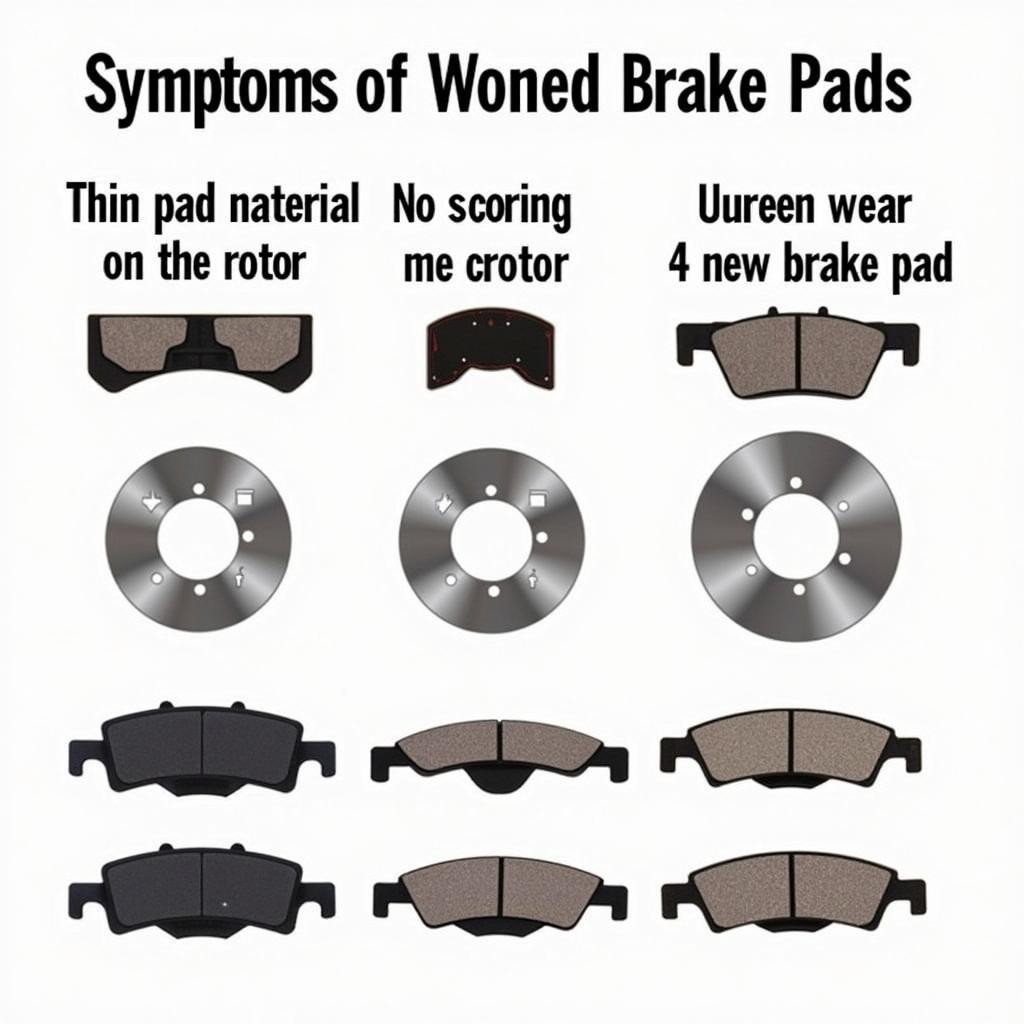Car emissions are a growing concern for both the environment and human health. Understanding the “problems with rising car emissions” is crucial for vehicle owners and mechanics alike, especially as regulations tighten and technology advances. This article dives deep into the causes, consequences, and solutions surrounding this critical issue.
Understanding the Causes of Rising Car Emissions
Several factors contribute to the increasing problem of car emissions. One key culprit is the sheer number of vehicles on the road. More cars mean more exhaust fumes, simple as that. Another factor is the type of fuel being used. While advancements are being made, gasoline and diesel still dominate, releasing harmful pollutants into the atmosphere. Finally, the condition and maintenance of a vehicle play a significant role. A poorly maintained engine burns fuel less efficiently, leading to higher emissions.
The Impact of Vehicle Age and Maintenance
Older vehicles, especially those lacking proper maintenance, tend to produce significantly more emissions. Worn-out components, such as spark plugs, oxygen sensors, and catalytic converters, contribute to inefficient combustion and increased pollutant release. Regular maintenance and timely replacements are essential in mitigating these issues.
The Role of Fuel Type in Emission Levels
Different fuel types have varying environmental impacts. Gasoline, while widely used, contributes significantly to greenhouse gas emissions. Diesel, on the other hand, produces more particulate matter, a harmful air pollutant linked to respiratory problems. The increasing adoption of alternative fuels, such as biofuels and electricity, offers promising solutions for reducing emissions.
Addressing Problems with Rising Car Emissions
Fortunately, there are several solutions to combat the problems with rising car emissions. Regular vehicle maintenance is crucial. Ensuring your engine is running efficiently not only reduces emissions but also improves fuel economy. Choosing a fuel-efficient vehicle is another significant step. Modern vehicles are designed with emissions in mind, utilizing advanced technologies to minimize their environmental impact. Finally, adopting eco-driving practices, such as avoiding aggressive acceleration and maintaining a steady speed, can make a surprising difference.
The Importance of Regular Vehicle Maintenance
Regular maintenance can drastically reduce emissions. Simple tasks like changing the air filter and spark plugs can significantly improve combustion efficiency. More involved procedures, such as cleaning or replacing the catalytic converter, play a vital role in reducing harmful pollutants.
“Regular maintenance is like giving your car a health checkup. It not only keeps it running smoothly but also helps protect the environment,” says Michael Stevens, a veteran automotive engineer with over 20 years of experience.
Choosing a Fuel-Efficient Vehicle
Investing in a fuel-efficient vehicle is a significant step towards reducing your environmental impact. Hybrid and electric vehicles offer substantial reductions in emissions, while even conventional gasoline-powered cars have seen significant improvements in fuel economy in recent years.
“The automotive industry is constantly innovating to create more fuel-efficient vehicles. Choosing a newer model can make a big difference in your carbon footprint,” adds Sarah Johnson, an automotive consultant specializing in sustainable transportation.
Eco-Driving Techniques for Lower Emissions
Adopting eco-driving techniques is a simple yet effective way to reduce your car’s emissions. Avoiding rapid acceleration and braking, maintaining a steady speed, and anticipating traffic flow can all contribute to better fuel economy and lower emissions.
Conclusion
The problems with rising car emissions demand immediate attention. By understanding the causes and embracing the solutions, we can all contribute to a cleaner, healthier future. From regular maintenance to adopting eco-driving habits, every action counts. Remember, addressing this issue benefits not only the environment but also our own well-being. Need further assistance? Contact AutoTipPro at +1 (641) 206-8880 or visit our office at 500 N St Mary’s St, San Antonio, TX 78205, United States.






Leave a Reply